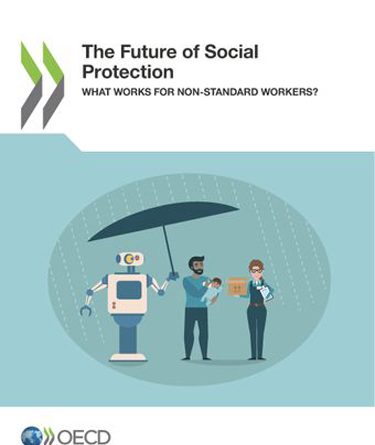The Future Of Fintech: The New Normal After The Covid-19 Crisis
OBSERVATIONS FROM THE FINTECH SNARK TANK The “new normal” in banking and fintech is best understood by starting with a look back at what the “old normal” was.
The Old Normal: Fintech Fetishism
The Oxford dictionary defines fetishism as “worship of an inanimate object for its supposed magical powers.”
That’s a good term for how many people have thought—and still think—of fintech.
There’s a misguided notion held by many that fintech startups are somehow more ethical than legacy banks, or that there is a fintech “ethos” that distinguishes fintechs from banks and makes them morally superior.
I’ve seen this many times from a number of people. Rather than calling them out, here are some examples from various publications (my emphasis and italics):
- 9to5 Mac reported, “Americans paid $113 billion in credit card interest to banks last year, nearly 50% more than five years ago. So adopting the new fintech ethos of zero fees and transparent pricing makes for thinner profit margins.”
- Ethical Consumer, a not-for-profit co-operative, claimed that “Monzo is one of the best ethical current accounts” and found “the vast majority of companies in the personal finance sector score badly on ethics.” FSBT.tech asserted,
- “Fintech is better than traditional financial companies because challenger banks focus on securing the data of their clients using technology. Traditional banks are slower than challenger banks in adopting cybersecurity measures.”
Read more @Forbes











